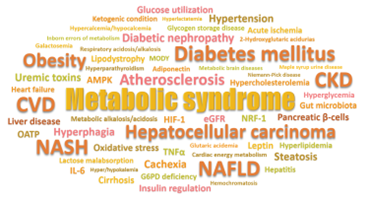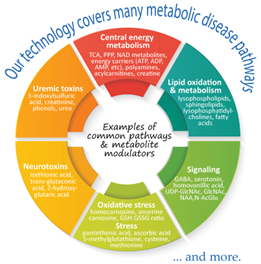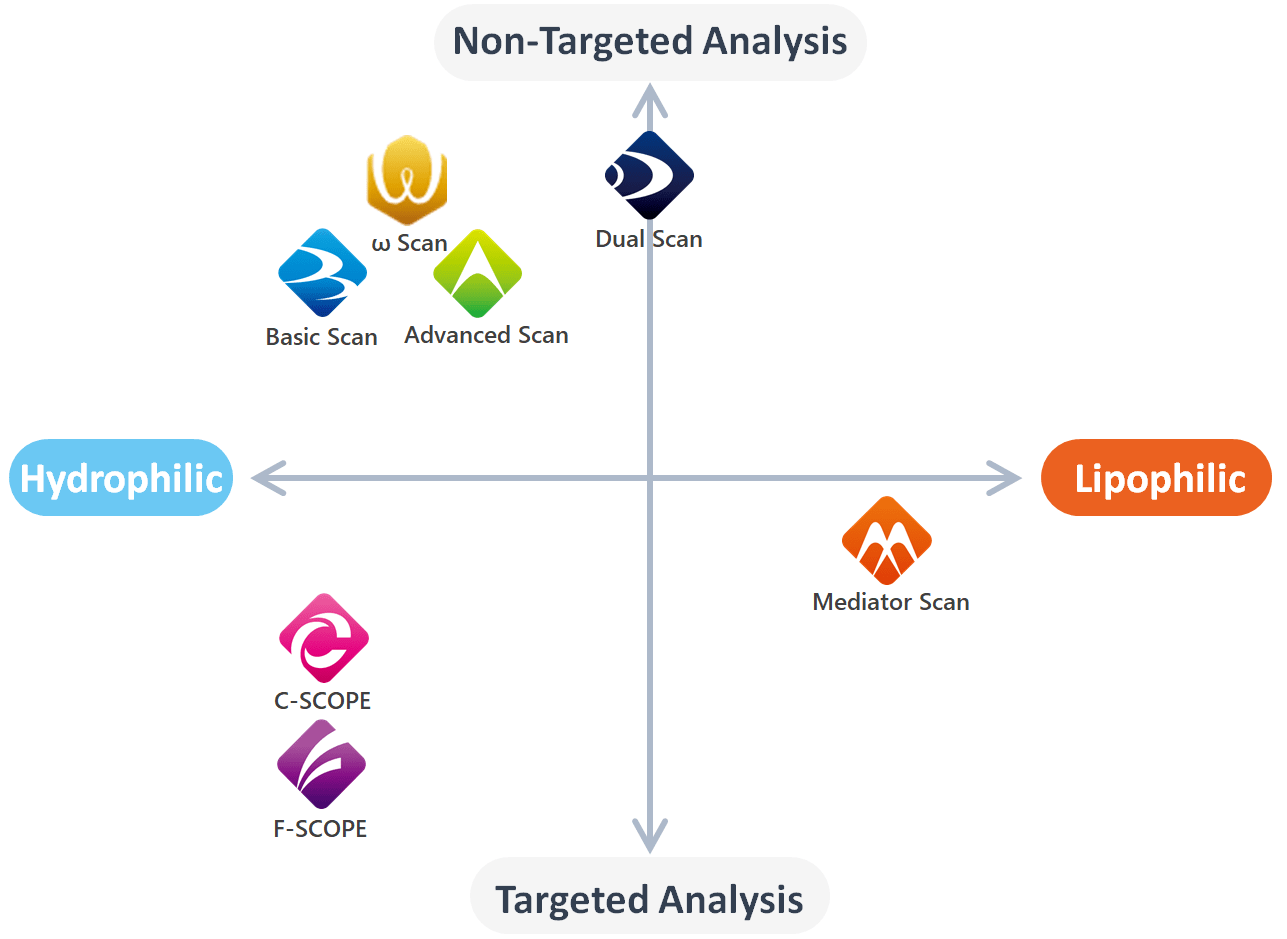Sciencewerke & HMT: Metabolomics in Metabolic Disease Research

What is Metabolomics?
Metabolomics is defined as the comprehensive analysis of the types and concentrations of metabolites. When metabolism is affected by external stimuli (environmental changes such as temperature, light, drug intake, etc.) or diseases, the types, and concentrations of metabolites in the cells can also change. By analysing these metabolic changes, it is possible to search for biomarkers, and develop and test hypotheses about the organism’s metabolism.
Metabolomics Application in Metabolic Disease Research
Metabolomics profiling helps to reveal specific metabolic changes, for example, aberrant levels of amines, amino acids, and lipids, that are known to associate with many metabolic diseases, such as obesity, diabetes, and cardiovascular diseases.
Great potential for identifying biomarkers, as well as predictive and risk markers that are associated with disease development and progression, providing an effective strategy for novel therapeutic innovations.

HMT’s metabolome analysis employs CE-MS & LC-MS platforms. The technologies are optimized to measure small polar metabolites that are involved in a myriad of metabolic diseases, e.g., amino acids, short-chain fatty acids, polyamines in most types of samples, including:
Biofluids (plasma, serum, saliva, etc.)
Urine, faeces, caecal contents
Tissues from target organs
Cultured cells

Quantitation
Over 100 polar metabolites involved in metabolic diseases can be quantified with single- or multi-point calibration.
High Resolution
Good separation of structural isomers e.g., isobaric fatty acids, oxidative products.

Click here to view HMT’s range of Analysis Plans available, based on different metabolites and metabolic pathways.
Additional Resources :
Host-Microbe-Drug-Nutrient Screen Identifies Bacterial Effectors of Metformin Therapy – Cell, 2019 (IF: 66.85)
The oral hypoxia-inducible factor prolyl hydroxylase inhibitor enarodustat counteracts alterations in renal energy metabolism in the early stages of diabetic kidney disease – Kidney International, 2020 (IF: 18.998)
Loss of the E3 ubiquitin ligase MKRN1 represses diet-induced metabolic syndrome through AMPK activation – Nature Communications, 2018 (IF: 17.694)